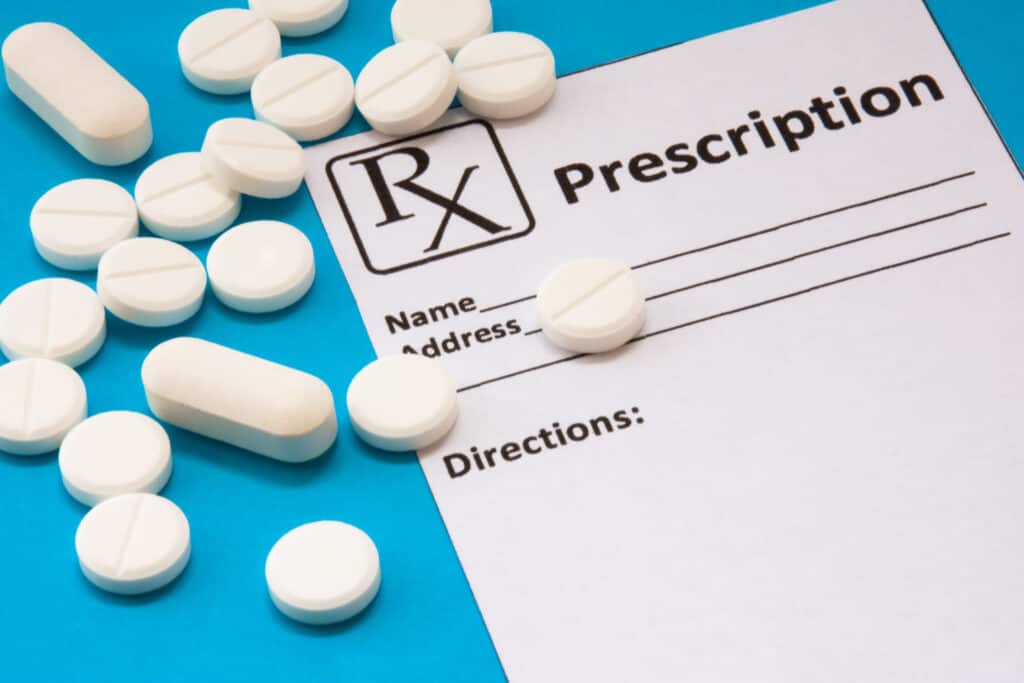In the landscape of mental health and addiction recovery, the role of medication cannot be underestimated. Advances in medical science have provided us with a plethora of pharmacological tools that can significantly aid in the treatment of mental health disorders and addiction. However, there is still a considerable amount of confusion and stigma surrounding the use of medication in these contexts. This blog post aims to shed light on the importance and efficacy of medication in treatment plans, and how it can be a vital component in achieving a balanced and healthy life.
Understanding Mental Health Disorders
Mental health disorders encompass a wide range of conditions that affect mood, thinking, and behavior. These include depression, anxiety, bipolar disorder, schizophrenia, and more. The complexity of these conditions means that a multi-faceted approach to treatment is often necessary. Medication can play a crucial role alongside therapy, lifestyle changes, and support systems.
How Medication Works
Different classes of medications work in various ways to correct chemical imbalances in the brain, which are often implicated in mental health disorders. For instance:
- Antidepressants: These are commonly used to treat depression and anxiety disorders by increasing the levels of neurotransmitters like serotonin and norepinephrine.
- Mood Stabilizers: Used primarily for bipolar disorder, these medications help to balance mood swings and prevent manic or depressive episodes.
- Antipsychotics: Used to manage symptoms of schizophrenia and other psychotic disorders, these medications work by altering the effects of neurotransmitters that regulate mood and behavior.
- Anxiolytics: These medications help to reduce anxiety and can include benzodiazepines and beta-blockers.
Medication in Addiction Recovery
The role of medication in addiction recovery is equally critical. Addiction is a complex, chronic disease characterized by recurrent substance use despite harmful consequences. Medically assisted treatment (MAT) can be an effective strategy for managing cravings, reducing withdrawal symptoms, and preventing relapse.
Types of Medications Used in Addiction Treatment
- Methadone and Buprenorphine: These are used to treat opioid addiction by binding to the same receptors in the brain that opioids do, thus reducing cravings and withdrawal symptoms without producing the same high.
- Naltrexone: Used for both alcohol and opioid addiction, it blocks the euphoric effects of these substances, which can help to prevent relapse.
- Disulfiram: This medication discourages alcohol consumption by producing unpleasant effects when alcohol is ingested.
The Benefits of Medication Management
One of the significant advantages of medication in treating mental health and addiction is its ability to provide stability and symptom relief, which can pave the way for other forms of treatment to be more effective. Here are some key benefits:
Symptom Control
Medications can help control the symptoms that make everyday functioning challenging. For individuals with severe depression, the right antidepressant can lift the debilitating fog. For those with schizophrenia, antipsychotic medication can reduce hallucinations and delusions.
Reduction of Cravings and Withdrawal Symptoms
In addiction treatment, medications can make the difference between relapse and sustained recovery. By managing withdrawal symptoms and reducing cravings, MAT can help individuals focus on their recovery journey without the constant battle against physical dependence.
Improved Quality of Life
Effective medication management can lead to a significant improvement in overall quality of life. When symptoms are controlled, and cravings are managed, individuals can engage more fully in therapy, work, relationships, and other aspects of life.
Fostering Long-term Recovery
Medications can also play a long-term role in recovery by helping maintain stability and prevent relapse. Many individuals find that continuing their medication regimen as prescribed by their healthcare provider is a key component of their long-term recovery strategy.
The Importance of Professional Guidance
While the benefits of medication are clear, it is crucial to approach medication management under the supervision of a qualified health professional. Each individual’s needs are unique, and what works for one person may not work for another. A tailored approach, considering all aspects of the patient’s health and history, is vital.
Ongoing Monitoring
Effective medication management requires ongoing assessment and adjustment. Mental health professionals and addiction specialists can monitor the patient’s progress, manage side effects, and make necessary changes to the treatment plan.
Combining Medication with Therapy
Medication is often most effective when used in conjunction with therapy and other support systems. Cognitive Behavioral Therapy (CBT), Dialectical Behavior Therapy (DBT), group therapy, and family counseling can all complement the effects of medication and address the psychological aspects of mental health and addiction.
Find Medication Management For Addiction & Mental Health in Boston, MA Today
The journey to mental health and addiction recovery is multifaceted, and medication can be a cornerstone of effective treatment. With the right medication management plan, under professional guidance, individuals can achieve significant improvements in their mental health and overall quality of life.
If you or a loved one is struggling with mental health issues or addiction, Resilience Behavioral Health in Boston offers comprehensive medication management services as part of our holistic approach to treatment. Our experienced team of professionals is dedicated to providing the personalized care and support you need to navigate your recovery journey.
Contact Resilience Behavioral Health today to learn more about our medication management services and how we can help you achieve lasting recovery.


